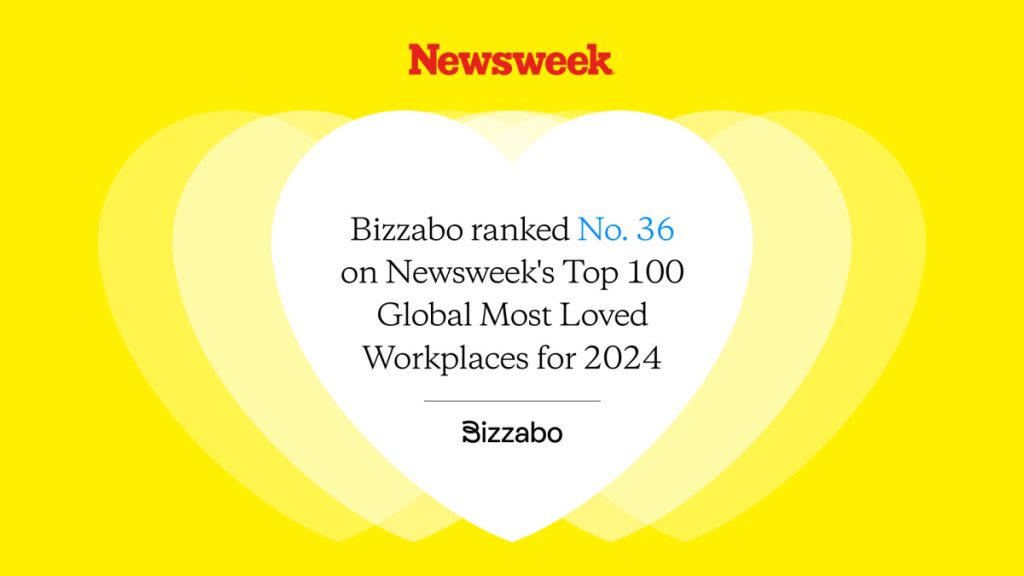Setting Long-Term Goals for Event Planners: Tips and Guidance


Event planners are always living in the moment. They’re laser-focused on doing everything they can to ensure the next event is the best yet — with more registrations, feedback, leads, revenue, and social media chatter.
Although these short-term goals are undoubtedly important, event planners often overlook the importance of setting long-term goals because they’re incredibly busy and always looking at what’s right in front of them.
To reach your full potential as an event planner, you also need to set long-term goals, which provide a roadmap for success and help you stay focused on your overarching objectives.
In this piece, we’ll examine the importance of long-term goals for event planners and some tips that should help you create goals that enable you to continuously improve as a professional and key events team member.
Why Event Planners Need To Set Long-term Goals
As more and more organizations embrace event technology and incorporate hybrid and virtual events into their event strategy, the entire industry is now moving toward a 365-day event cycle. Today, when an event wraps up, an event marketer’s job is just beginning. Rather than view events as standalone moments in time, events teams are increasingly aiming to create 365-day event communities.
As the name suggests, a 365-day event community is a group of attendees, sponsors, speakers, and other stakeholders that stays connected to and engaged with your event year-round. After an event concludes, events teams spend the next several months interacting with the community, nurturing leads, sharing complementary resources, repurposing event content, and more.
Events teams that embrace this new approach benefit from the following:
- A more engaged community
- Lower attendee acquisition costs
- More feedback and insights
- Stronger relationships with vendors and sponsors
- Increased attendee retention and loyalty
- More networking and learning opportunities
Creating a 365-day event community is only possible when you set long-term goals — not just goals to get you through the event and the week after. After all, you can’t build a robust, truly engaged community overnight, even if your inaugural event is the best one anyone’s ever seen.
Tips and Guidance for Setting Long-Term Goals
As you begin thinking about what your long-term goals might look like, it’s important to consider popular goal-setting frameworks to ensure you don’t aim for something unrealistic or altogether unachievable — like making the inaugural event for your smaller business a bigger success than INBOUND right out of the gate.
When you start creating your goals, here are two frameworks to keep in mind:
- SMART goals are goals that are specific, measurable, achievable, relevant, and timely.
- CLEAR goals are goals that are collaborative, limited, emotional, appreciable, and refinable.
As an event professional, your long-term goals likely include raising awareness for your event, driving more registrations and revenue each year, landing big-name speakers and sponsors, increasing your social reach, and otherwise making your event the place to be. You hope to achieve these goals on your specific timeline — which might be something like five years from today, or even longer.
Unfortunately, you can’t simply write goals down on paper and expect to achieve them. Meeting long-term goals requires the proper approach. With that in mind, let’s look at seven tips to keep in mind as you work toward achieving your long-term objectives.
1. Be Flexible
As every event professional knows too well, every event goes differently than planned. Speakers can back out, bad weather might discourage attendees from showing up, and technical difficulties might hinder the event experience. Whatever the case may be, event planners need to be flexible and understand that anything that can happen will.
Rather than letting an unplanned occurrence ruin your next event and prevent you from achieving your goals, remember to stay nimble and roll with the punches. For example, when the pandemic ground the events industry to a halt, forward-thinking events teams rapidly pivoted to virtual events. By doing so, they were able to keep their event communities engaged and growing — staying on track to meet their long-term goals.
2. Hold Yourself Accountable
Achieving your long-term goals is only possible when you hold yourself accountable for your successes and, more importantly, your failures. All event planners are human, which means we will make mistakes or perform worse than we expected at least now and again. Such is life. Rather than ignoring these experiences, embrace them and use them to motivate yourself and your team to do your best work.
For example, take ownership of these shortcomings if you’re measuring event ROI and other KPIs and find out the numbers aren’t as great as you’d hope. Do a retrospective, determine what worked well and what didn’t, and determine how to improve those metrics for your next event.
3. Break Goals Down Into Snackable Bites
Imagine you just bought a parcel of undeveloped land and plan to build a home on it. A lot has to happen before your new home is move-in ready. You need to clear the land, design the house, install infrastructure, build the foundation, construct the house, and then finish it, among all the other tasks. You can make visible progress toward your long-term goal by breaking down your larger goal (e.g., moving into a new home) into smaller, snackable goals (e.g., clearing the land and readying it for construction).
This same concept holds true for event planners:
If you want your company’s marquee event to become the leading experience in your industry five years from now, focus on smaller goals first — like increasing registration, revenue, and social followers year over year.
4. Create a Reasonable Timeline
You can’t build a brand-new house in a week, and your event won’t become standard in your industry after one year. Great long-term goals are achievable within reasonable timeframes. If you’re hosting an inaugural event this year, set long-term goals that are five or so years out, and make incremental progress toward those goals over the ensuing months.
5. Track Your Progress
As management guru Peter Drucker once said, you can’t improve what you don’t measure. After breaking down your goals into snackable bites and creating a reasonable timeline to achieve them — for example, clear your undeveloped parcel this month, build the foundation the following month, and so on — it’s time to start tracking your progress to keep yourself in check and on target.
Remember, it’s perfectly fine to fall short in some areas. If your goal was driving up attendance in 2020, the pandemic likely thwarted that goal. Whenever you miss your goals, reassess what isn’t working and figure out a new path forward — like moving away from exclusive in-person events and implementing a hybrid event strategy that caters to a much larger audience.
6. Build a Highly Engaged Events Team
Achieving your long-term goals is only possible when you surround yourself with a talented, engaged team. Believe it or not, workers who aren’t engaged cost companies around the globe a whopping $7.8 trillion in lost productivity, according to Gallup. By recognizing hard work, hiring a diverse staff, and equipping the team with event technology purpose-built to make their lives easier, engagement increases, and more gets done faster.
7. Celebrate Wins — However Small
With the right approach, you’ll be able to achieve your long-term goals within five or 10 years. That doesn’t mean you can’t have fun and celebrate your smaller successes in the interim. As Whitney Johnson writes in a recent Harvard Business Review article:
When the team does well and achieves something to be proud of, take some time out of the day to acknowledge the win and thank everyone who contributed.
Ready to achieve your event planning goals?
The best event planners set short-term and long-term goals and work diligently to achieve them, regardless of their circumstances. Even in a challenging economic environment like the one we face today, leading event professionals make the most of what they have to work with and continue progressing toward their goals.
Are you worried that being asked to do more with less will prevent you from achieving your event planner goals over the long term? If so, we’re here to help.
Download our new guide, Doing more with less in uncertain times: The ultimate guide for event professionals, to learn more about how you can continue to make a massive impact even as teams shrink and budgets tighten.






